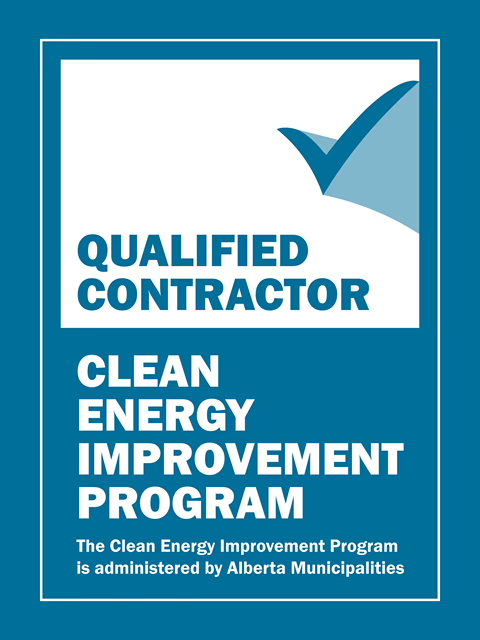Ensuring the well-being of our feline friends involves numerous aspects, from their diet and exercise to the type of water they drink. With the prevalence of water softeners in Calgary area homes to combat the negative effects of hard water, many cat owners wonder about the implications of softened water on their pets’ health. This article delves into veterinary insights and offers health tips to navigate the complexities of softened water consumption for cats.
Understanding Softened Water
Softened water undergoes a process known as ion exchange, where calcium and magnesium ions, which are responsible for water hardness, are replaced with sodium ions. This transformation prevents mineral buildup in household systems, but introduces new variables into our pets’ drinking water. The addition of sodium is a valid concern, especially for animals with special dietary needs or health issues. If you live in Calgary and would like to install or inspect a water softener, contact Harper’s Plumbing and we can help you navigate the waters.
Why the Concern?
Cats are naturally adapted to obtain most of their water from their prey in the wild. This evolutionary trait means they do not feel thirsty as often as other animals might, which makes the quality of the water they do drink even more critical. The increased sodium in softened water, although minimal in each serving, can accumulate over time, especially in households exclusively using softened water for their pets.
Veterinary Insights
Dr. Karyn Kanowski agrees that if water is safe for humans, it will definitely be safe for our pets. It’s not just about the increased amount of sodium from a nutritional standpoint when adding a water softener. The change in water taste can also affect a cat’s willingness to drink water, leading to dehydration. Therefore, introducing cats gradually to any new water source is advisable to monitor their acceptance and hydration levels.
Alternatives to Softened Water
For cat owners looking for alternatives:
- Filtered Water: Installing a high-quality water filter can remove while retaining essential minerals, without adding sodium.
- Bottled Water: Though more environmentally taxing and expensive, bottled water can be a safe alternative, especially for cats with health issues.
Practical Tips for Cat Owners
Encouraging hydration is crucial. Cat water fountains stimulate drinking by appealing to cats’ preference for running water. Additionally, wet food can supplement their water intake, providing hydration through their diet.
Consulting Your Vet
Every cat is unique, with individual health needs and dietary requirements. Consulting with a veterinarian can provide personalized advice, taking into account your cat’s specific circumstances. They might also recommend specific water tests or dietary adjustments to ensure your cat’s health and well-being are not compromised by their drinking water, always consult your veterinarian before making changes to your cat’s lifestyle or diet.








